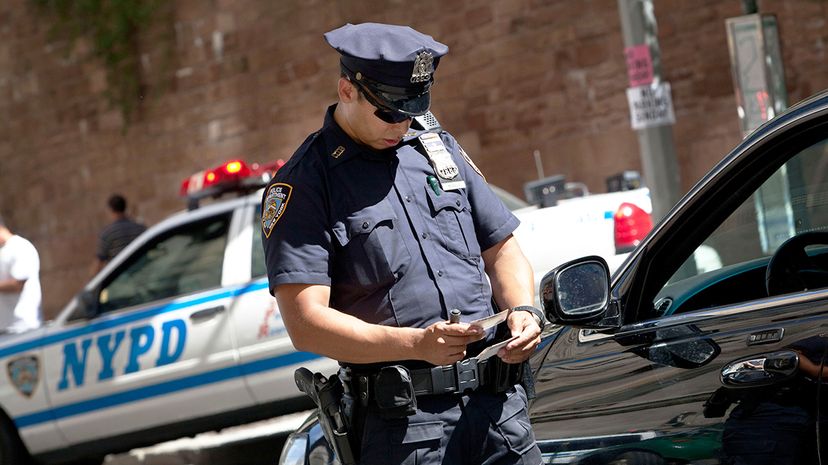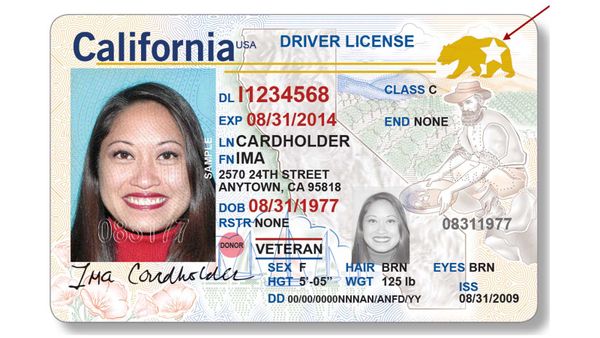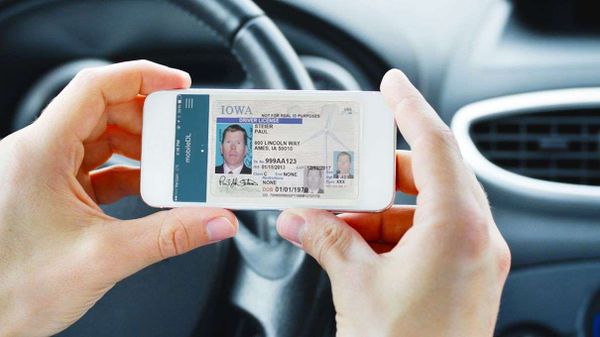
"Can I see your ID, please?"
How many times has someone asked you that question? It doesn't matter if you're boarding an airplane or buying a drink at a restaurant. People constantly want to see your ID. And typically, you gladly provide it. If the person asking is satisfied with what they see, you're good to go.
Advertisement
Still, think about this the next time someone asks you to see your identification: There are no laws that require you to show your ID, even to a cop. Let's put that in context. Nearly half of the states in America have so-called "stop-and-identify laws." Under these laws, police can legally require a person to reveal their identity if the police have a "reasonable suspicion" that the person has committed a crime. Still, if a cop stops you, just ask if you are under arrest. If they say no, you are not required by law to tell them who you are or show them identification. Walk away because you're legally free to go.
Although there are no laws that require you to show identification — typically a driver's license — reality is a tougher cookie to chew. The courts have upheld ID requirements when safety and security are at issue, such as boarding a plane or entering a secure building. Plus, if you don't comply with a request to show identification, you won't be allowed to do things like buy that vodka and tonic, purchase some types of cold medicine or open up a checking account, among other things.
Although personal identification cards seem to be so important, the United States is one of the few countries in the world that does not have a national ID card.
Advertisement

